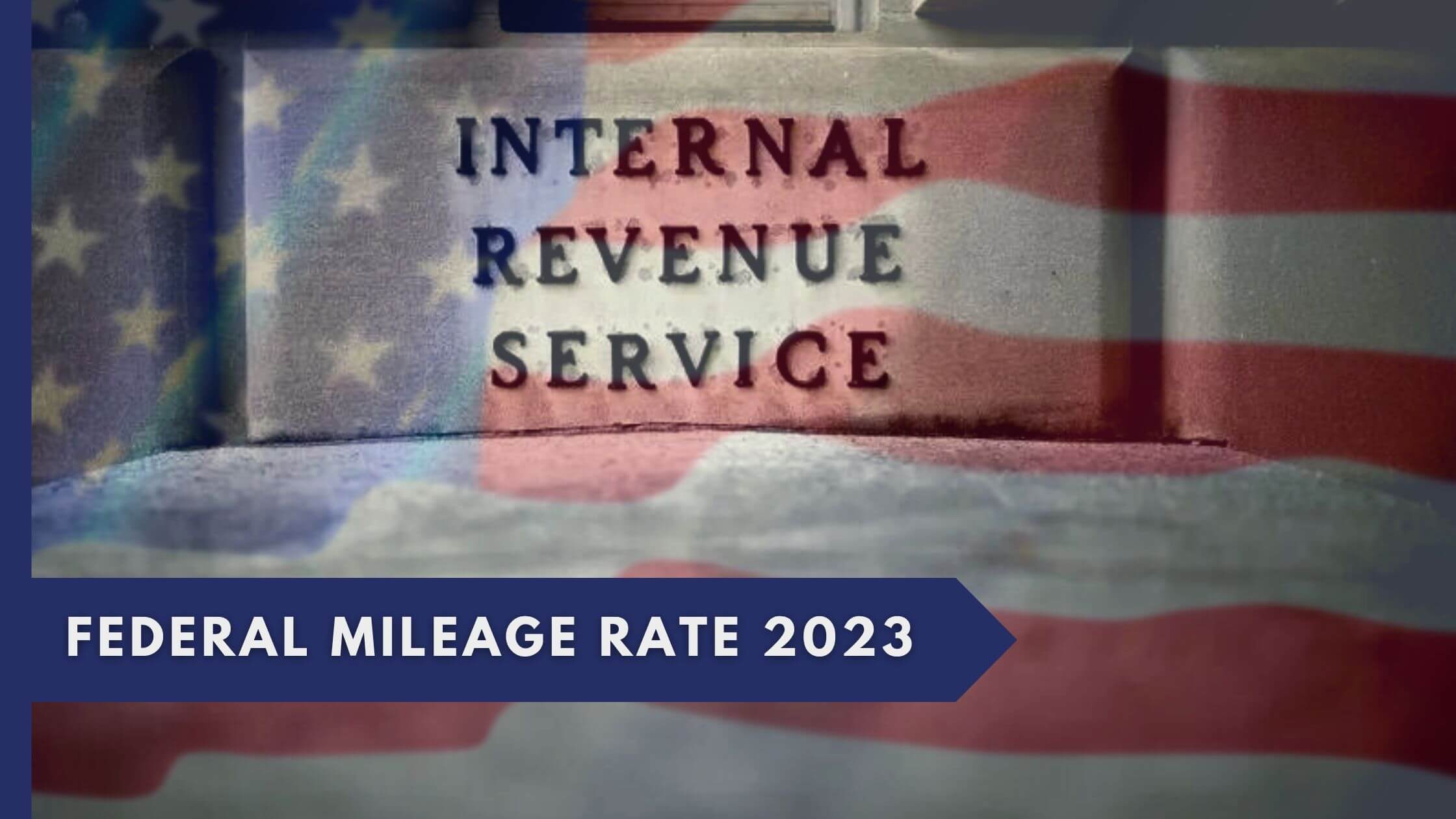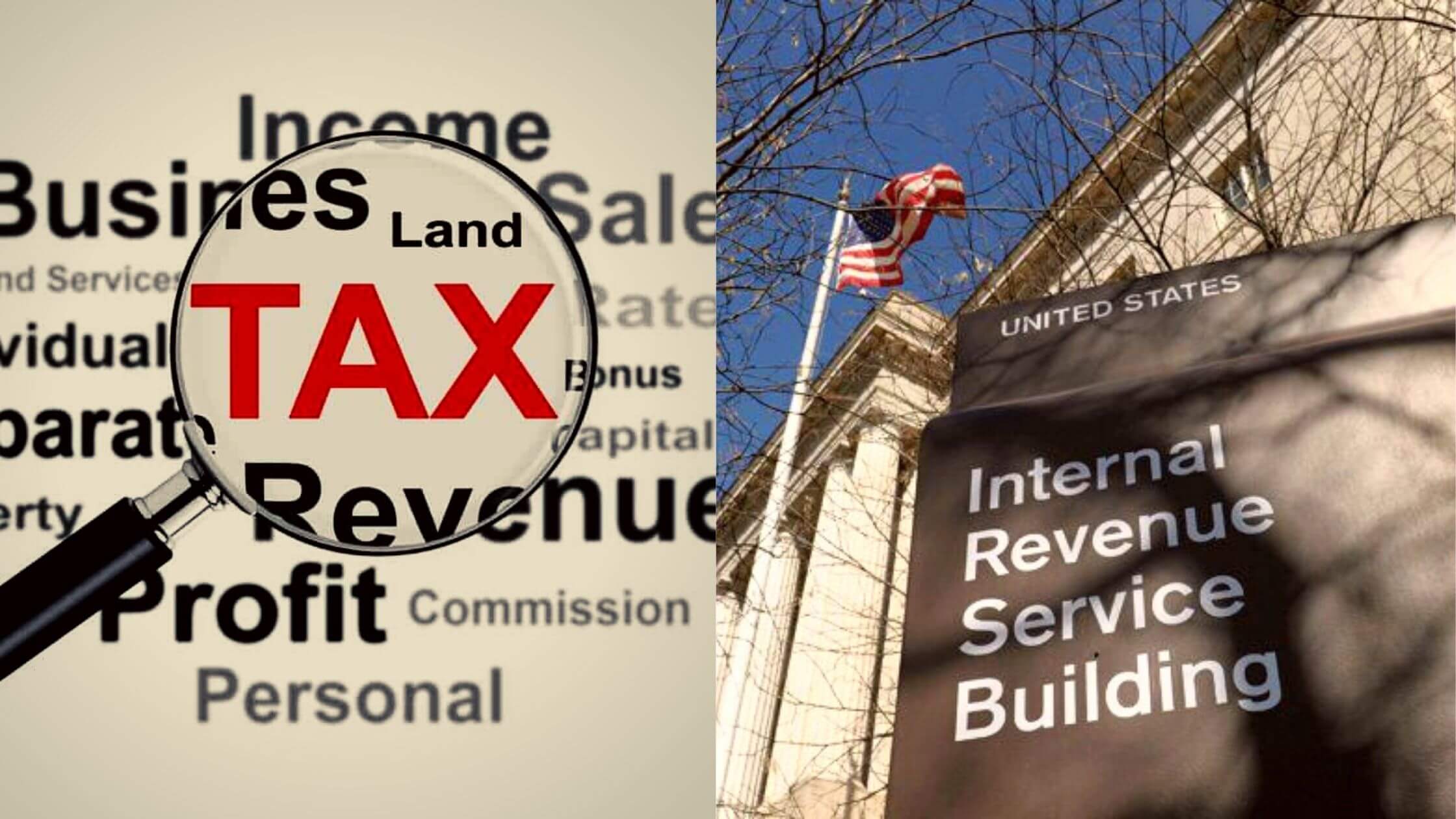Finance
Federal Mileage Rate 2023: Know More About IRS

The IRS ( Internal Revenue Service ) is United States Government agency aimed at the enforcement of tax laws and collection of taxes. IRS plays a significant role in the functioning of the U.S Government.
The primary function of the IRS is to collect taxes. It includes collecting employment taxes and individual taxes.
Let’s go through the facts about IRS to know more about it and how it plays an important role in the regulation of taxes in the US.
What Is IRS?
Basically, IRS is a statutory body founded in 1862. US President Abraham Lincoln has take initiative to found such an institution.

IRS headquarters is situated in Washington DC. It works under the Department of Treasury. As a federal agency, it is responsible for the enforcement of tax laws and for collecting taxes from various sources according to some criteria.
It takes all responsibilities related to collecting revenue for funding the federal government since it has established in 1862.
The IRS is also responsible for deals with mutual funds and dividends along with taxes such as gift, corporate, exercise, and estate taxes.
As a financial agency, IRS has been criticized in its initial stages. Controversies have been raised over its principles of taxation and methods. Its several methods are not acceptable to everyone.
However, tax returns are making the agency unavoidable from the tax regulations in the US.
How IRS works?
All important works of the IRS are controlled from its headquarters. It is responsible for preserving the taxation of all US individuals and entities. Internal Revenue Service also works in its limitations.
Mission Of IRS
IRS also works according to to fulfill its missions and goals. The primary objective is to provide the best quality service to the taxpayers in America.
It includes helping them to understand the tax obligations. It will contribute to enforcing the law with integrity.
IRS New Mileage Rate According To 2023
IRS boosts its standard mileage rate for 2023. The Internal Revenue Service disclosed its standard mileage rates for automobile, medical, and business fields.
The new Mileage rates come into effect on January 1, 2023. And these rates are applicable in the case of electric, hybrid electric, gasoline, and diesel-powered automobiles equally.
In the last midyear, IRS has increased the mileage rates according to spiking car maintenance charges and gas. And the decision was acceptable to everyone who drives for work-related duties.
In 2022 4 cents mileage increase was marked. It raised from 58.5 to 62.5 per mile. And the medical purpose rate changed from 18 to 22 as 4 cents per mile.
According to the new mileage rates business standard mileage rate for 2023 is 65.5 cents per mile. It has increased 3 cents from 62.5 cents in the midyear increase setting.
For medical purposes 22 cents per mile for qualified members of the armed forces, a persistent midyear rate set for the second half of the year 2022.
The service of charitable organizations is 14 cents per mile is set by statute and remains constant from last year.
The IRS has implemented a midyear increase in the standard mileage rate. It mainly aimed at deductible business expenses at 62.5 cents per mile.
The standard mileage rates are differed according to the purpose. The rate for business is based on an annual study of the fixed and variable costs of operating a vehicle.
And the rate for medical is based only on the variable costs. Fixed costs of operating an automobile are not considered in the case of medical or moving purposes.
According to Motus a mobile workforce management software firm, driving costs increased in the last year.
Factors such as surging vehicle acquisition costs, gas prices, vehicle ownership charges, and vehicle maintenance expenses have an influence on increasing driving costs.
It is significant considering that, according to Tax Cuts and Jobs Act, taxpayers are not allowed to claim a miscellaneous itemized deduction for unreimbursed employee travel costs.
And the taxpayers can’t claim a deduction in moving expenses except if they are from the armed forces and on duty moving under orders to a permanent change of station.
Moving Expenses For Members Of The Armed Forces
Are you a member of the armed force? Are you on active duty? You are eligible to deduct moving expenses due to some criteria.
Read More: Dependent Care FSA 2023 Latest Announced Contribution Limits
You must be moved according to a military order and permanent change of station. Your dependent also benefits from this by deducting your reimbursed moving expenses.
Who Can Benefit From The IRS Mileage Rate 2023?
The mileage rate for business is applicable in the case of those who use their personal vehicles for business purposes. It helps self-employed individuals to deduct work-related mileage as a business expense.
Why The Milage Rates Are High?
The IRS increases the standard mileage rates each year by considering both fixed and variable expenses including repairs, road tax, fuel, etc…
We saw an increase in mileage rates as an effect of increasing fuel costs in 2022. However, not only the fuel costs others also considered increasing the standard mileage rate in 2023.
Frequently asked questions
Mileage rates will change according to some criteria. It considers both fixed and variable expenses including repairs, road tax, fuel, etc…
The change will occur each year as a result of the IRS revisiting the official mileage rate every year. It is not sure that they will consider the change each time.
Mileage rate changes will occur at the beginning of the new year. The change will occur on January 1st and it will apply for the duration of one year.
According to the new standard mileage rates, the business-standard mileage rate for 2023 is 65.5 cents per mile. It has increased 3 cents from 62.5 cents in the midyear increase setting. The mileage rate for business is applicable in the case of those who use their personal vehicles for business purposes. It helps them to o deduct work-related mileage as a business expense.
US President Abraham Lincoln has taken initiative to build such an institution in 1862 with the intention of the enforcement of tax laws and collecting taxes from various sources according to some criteria.
